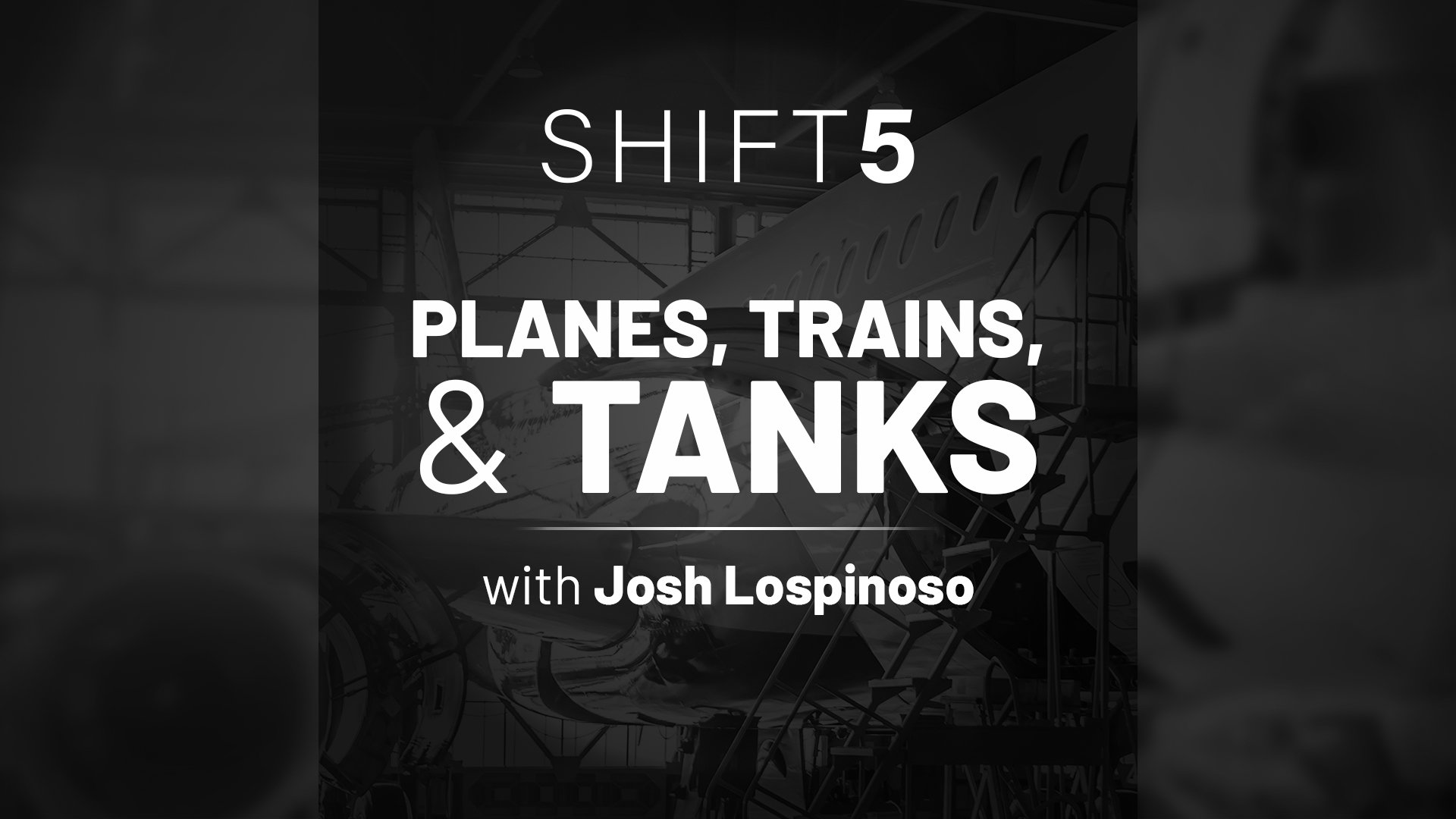PLANES, TRAINS, & TANKS:
THE PODCAST
Everything you need to know about the latest in cybersecurity for planes, trains and tanks.
Episode 29: Rail Penetration Tests
Trains may look like large analog devices, but they are teeming with computers. Communications, monitoring, positive train control, fuel management systems, data recorders, power, and engine control systems all heavily involve digital components.
Episode 28: Frontiers of Cybersecurity
Venture capital is America’s innovation engine. Where venture investors deploy capital has a huge impact on which transformational ideas turn into disruptive products. Ultimately some of these disruptive products turn out to have profound impacts on our lives.
Episode 27: Aircraft Penetration Testing
Even though they may not look like it at first glance, aircraft are crammed full of computers. Communications, navigation, monitoring, flight control, fuel, collision avoidance, flight recorders, weather systems, and management systems are all rooted in digital components.
Episode 26: Space Force
The United States established the Space Force in 2019 as the world’s first and only independent space force. Its mission is to protect US and allied interests in space. Space is an important domain for a wide range of applications, including communications, observation, scientific exploration, and recently tourism.
Episode 25: Field Engineering in Tech
Field Engineering is the culmination of the delivery of our ideas to the marketplace in a way that realizes as close to immediate value to the customer as possible and provides a feedback loop to our product, engineering, marketing and sales organizations for improvement.
Episode 24: CISA and Bad Practices
Cyberattacks against critical infrastructure can have detrimental impacts on everyday life. The past few months, we’ve seen example after example of cyberattacks causing gas and food shortages as well as transportation service disruptions.
Episode 23: Quantum Crypto
On this podcast, we’ve talked about the need to secure legacy systems from attackers that use today’s technology. But what about securing today’s systems in preparation for attackers using technologies of the future?
Episode 22: Four Stages of Maintenance
Maintenance departments are not often known as the first place to implement new technologies, but as more companies emerge to aid in their processes, companies have to learn to meet these teams where they are and guide them through a digital transformation.
Episode 21: Future of Autonomous Fleets
Autonomous fleets are quickly becoming the new topic of conversation among the trucking, rail, and aviation industries. However, with optimistic promises of safety and efficiency improvements comes caution regarding cybersecurity and legal risks.
Episode 20: Cybersecurity for the Modern Ninja
A few weeks’ ago, we discussed the utility of the hacker’s mindset in all manner of situations. But what if I told you that the hacker’s mentality is far older than the term itself?
Episode 19: Cyber Hardening for Embedded Devices
Cyber Hardening is the process of securing a system by reducing its vulnerabilities. In general, cyber professionals who harden systems try to reduce the attack surface by reducing the functions and features of a system to the essentials.
Department of Defense weapon systems have many costs contributing to their sustainment, with maintenance comprising a major portion of total ownership cost.




